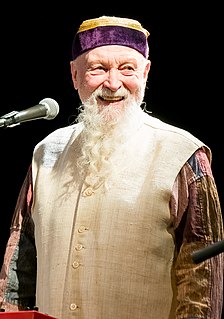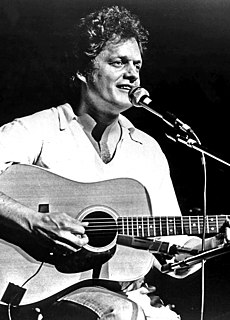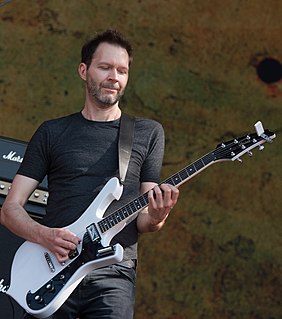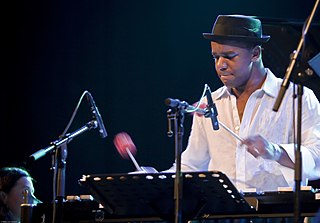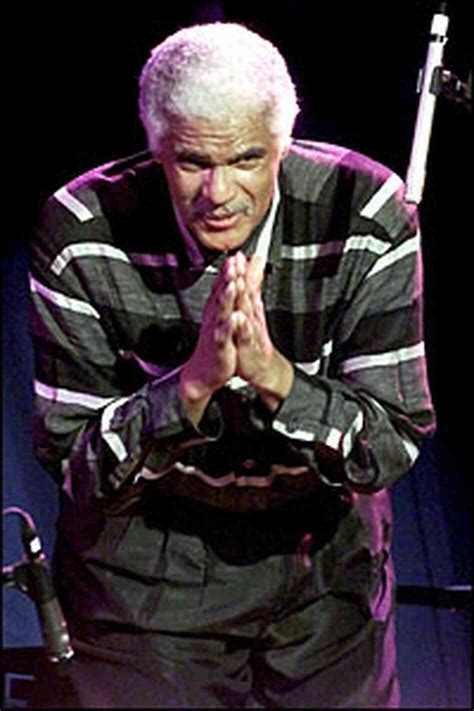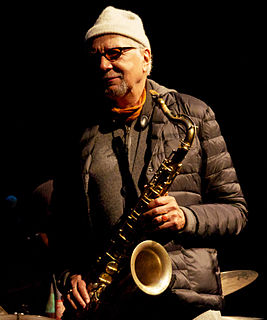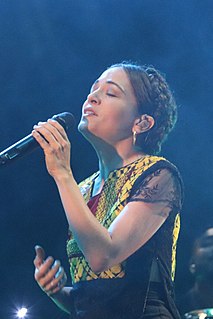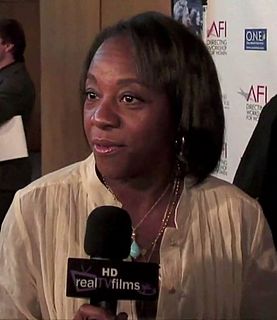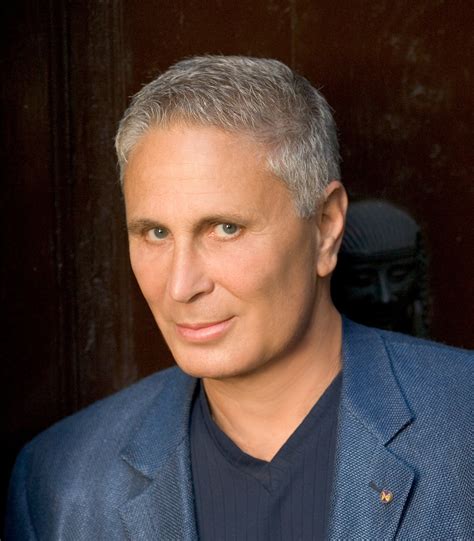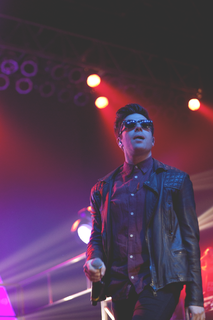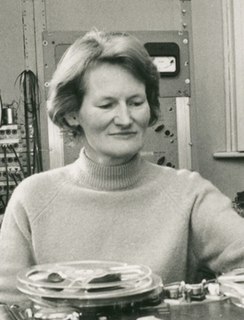A Quote by Terry Riley
Out of doing all that experimentation with sound I decided I wanted to do it with live musicians. To take repetition, take music fragments and make it live. Musicians would be able to play it and create this kind of abstract fabric of sound.
Related Quotes
A lot of times I use live musicians, but I don't want it to have that live funky sound so I'll just take the best loop of a drum part and repeat it over and over and over again so that there's consistency and it feels a little bit more programmed. But I have a love/hate relationship with comping as well.
She [Joni Mitchell] wanted to have that (jazz) element in her music. Of course, when she heard Jaco's [Jaco Pastorius'] music and met him, that floored her -- really grabbed her. She decided that Wayne Shorter was really conducive to her music. She would speak metaphorically about things. "I want this to sound like a taxicab driver, or a taxi in New York," or "I want this to sound like a telephone ringing." She would speak to musicians like that, and we really tuned into what she would want our music to be.
You take a sound, any sound, record it and then change it's nature by a multiplicity of operations. You record it at different speeds; you play it backwards; you add it to itself over and over again. You adjust filters, echoes, acoustic qualities…you produce a vast and subtle symphony. It's a sort of modern magic. We think there's something in it. Some musicians believe it may become an art form in its own right.
All it takes to become president is money and a certain kind of power. Being president is the first thing I can shoot for, not the highest. It may come to a point where people take rock and roll musicians more seriously than they take politicians. It may eventually turn out that musicians have more credibility.
I'd rather call it "instrumental creative music," especially the music that I've been doing. If a person would hear that music, they would undoubtedly call it "jazz." There is this whole generation of musicians that are playing and thinking critically for themselves and making music that's relevant to today. I hope that's the objective of a lot of musicians.
I started the label Tzadik to support an entire community of musicians, not just Jewish musicians. But the radical Jewish culture movement was begun in a lot of ways because I wanted to take the idea that Jewish music equals 'klezmer' and expand it to, 'Well, Jewish music could be a lot more than that.'
